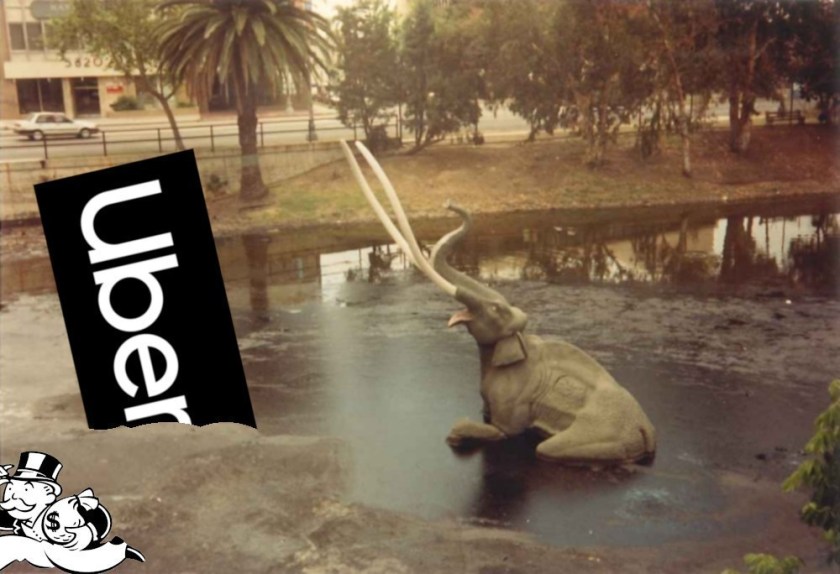
"The 22 Murders of Madison May" is a new science fiction crime thriller from @MaxBarry, a writer with a penchant for existentialism, hard-driving plots, and uncomfortable philosophical speculation.
penguinrandomhouse.com/books/612941/t…
1/
penguinrandomhouse.com/books/612941/t…
1/

The premise of 22 Murders: a deranged stalker who has stolen a dimension-hopping device moves from one dimension to the next, seeking out Madison May, a minor film star whom he is obsessed with.
2/
2/
But in every universe, his victim has chosen a different path - realtor, student, barrista - and he murders her in a rage before skipping to the next universe.
3/
3/
Dimension-hopping is a one-way journey, and it's hard to direct your path through the multiverse, but the murderer is obsessed and will not stop.
4/
4/
Felicity Staples is a reporter on the New York Daily News who is investigating one of these murders and ends up so embroiled that she, too is whisked into an adjacent dimension, one where everything is familiar...but wrong.
5/
5/
The tale proceeds: Felicity chases the killer, trying to protect Madison. The killer kills Madison and skips to the next universe. Gradually, Felicity learns more about the multiverse and the stolen science that propels the killer, and the others who are trying to stop him.
6/
6/
All of this is a finely tuned thriller, a legit, pacey page-turner with lots of excellent action and skullduggery, but all of that is in service to the true point of a multiverse tale - the moral speculation about what choice means, and what meaning our lives have.
7/
7/
After all, if everything that can happen does happen - if every choice you make one way, another version of you makes another way - then is there really any choice at all? Does anything matter?
8/
8/
That's some well-trod philosophical speculation, a mind-game that usually arrives at a place of pure nihilism, where nothing matters and nothing is real (think of Larry Niven's classic short story "All the Myriad Ways").
en.wikipedia.org/wiki/All_the_M…
9/
en.wikipedia.org/wiki/All_the_M…
9/
But Barry goes beyond cheap solipsism. After all, this is a book full of people who a) know that every bad thing that happens in one universe does not happen in another; and b) still try to prevent bad things from happening.
10/
10/
Barry's dimension-hoppers - even the murderer and Madison May - are obsessed with finding or making a better universe, though they know that it will not prevent the worse ones. They're brave in the truest sense, because they know the cause is lost and yet they fight on.
11/
11/
That rejection of cynicism adds a rich depth to an otherwise merely excellent crime drama, like the difference between stew made with water and good stock.
eof/
eof/
ETA - If you'd like an unrolled version of this thread to read or share, here's a link to it on pluralistic.net, my surveillance-free, ad-free, tracker-free blog:
pluralistic.net/2021/08/09/com…
pluralistic.net/2021/08/09/com…
• • •
Missing some Tweet in this thread? You can try to
force a refresh











